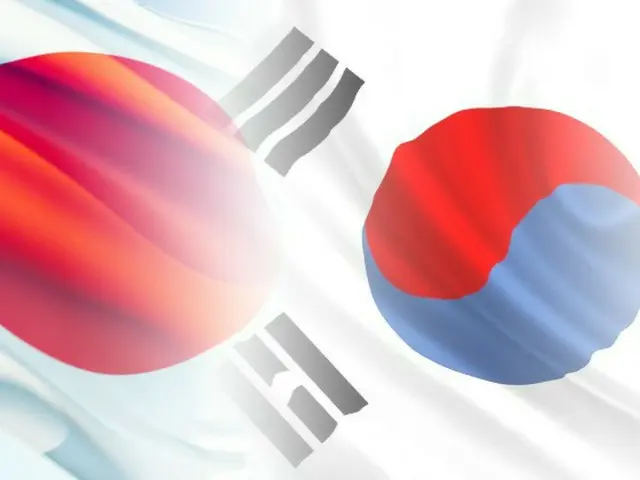During a video conference with Defense Minister Kim Yong-hyun last month, Nakatani expressed his eagerness to visit South Korea soon.
Since the incident involving the targeting of a missile, defense exchanges between Japan and South Korea have stalled, but at a meeting between the defense ministers of Japan and South Korea held in June this year, the two countries' defense ministers agreed to measures to prevent the recurrence of the problem. They also agreed to resume exchanges.
Kyodo News, which reported that Nakatani's visit to South Korea was being arranged, explained the background and purpose of the visit, saying, "The visit will confirm the strengthening of security cooperation in light of the improvement in bilateral relations, which had deteriorated due to the radar illumination issue."
NHK also reported that "the two sides want to confirm their policy of advancing defense cooperation as North Korea continues to launch ballistic missiles."
The last time a Japanese defense minister visited South Korea was in 2015, when Nakatani was also the defense minister.
At a defense ministerial meeting, the South Korean defense minister asked Nakatani to refrain from entering South Korea's territory without South Korea's consent if Japan were to exercise the right of collective self-defense in the event of an emergency on the Korean Peninsula.
Nakatani explained that Japan's policy is to obtain consent in accordance with international law when the Self-Defense Forces operate in the territory of another country, and that this also applies to South Korea.
Due to historical reasons, there is strong opposition to the Self-Defense Forces entering South Korea, and this issue is still being debated.
"If the Defense Ministry were to temporarily enter South Korea to transport supplies and personnel to a US military base in South Korea, would the consent of the South Korean National Assembly be required?" the ministry said in a written response.
In response to this opinion, Hong emphasized, "We must make it clear to the outside world that the Self-Defense Forces' entry into the Korean Peninsula, which goes against the will of the Korean people, is absolutely impossible."
In its editorial, Rae criticized the Yoon Seok-yeol administration, saying, "The administration is trying hard to cover the eyes and ears of the people and make military cooperation with Japan irreversible."
Since the two countries agreed to prevent the recurrence of the radar illumination incident at the Japan-Korea defense ministers' meeting held in June, defense exchanges have become more active again.
A training vessel of the Japan Maritime Self-Defense Force and a South Korean Navy vessel conducted joint navigation training off the coast of the island. This was the first joint training between the JMSDF and the South Korean Navy in about seven years. After the training, a South Korean assault ship was sent to the JMSDF Yokosuka Base in Kanagawa Prefecture.
Three ships, including the landing ship "Marado," arrived at the port. A welcoming ceremony was held at the base, and Nakatani, who attended, said, "South Korea is a very important partner for our country.
"In a severe security environment, with the USS Malad launching a missile, Japan-Korea defense cooperation is becoming more important than ever," Nakatani said.
"It was very meaningful for me to be able to see the ship's structure in person," he said. It is believed to be the first time that a Japanese defense minister has boarded a South Korean warship.
Nakatani said at an event hosted by the South Korean Embassy last month that he plans to visit South Korea as soon as possible.
According to multiple Japanese media outlets, Nakatani is planning to visit South Korea at the end of next month and meet with Minister of National Defense Kim Yong Hyon. The reason behind Nakatani's eagerness to visit South Korea is that North Korea has launched a ballistic missile program.
This is because, given South Korea's repeated missile launches and its ongoing military cooperation with Russia, stronger security and defense cooperation between Japan and South Korea is needed than ever before.
The two sides want to confirm their intention to further advance defense cooperation between the two countries. The fact that Trump was re-elected in the U.S. presidential election this month also has an impact.
"It is well-timed for the Minister of Defense to propose a visit to South Korea before the end of the year," he said, adding, "If a Trump administration comes to power, Japan and South Korea will likely be forced to shoulder a large share of the costs of stationing U.S. troops, and this could lead to protectionism and U.S.-China conflict.
"We share the same interests in terms of being affected by the impact of the attacks," Nakatani said. "It will be effective to raise our voices in one voice against the common risks."
They want to confirm the importance of continuing their strength.
2024/11/21 11:44 KST
Copyrights(C)wowkorea.jp 5

